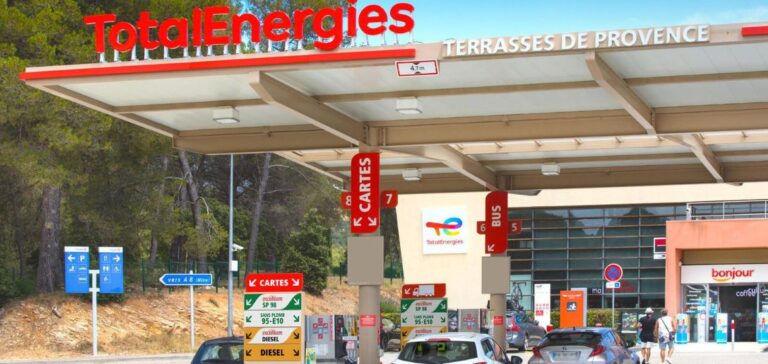TotalEnergies, under the leadership of CEO Patrick Pouyanné, is considering reducing the current fuel price cap for customers subscribing to its gas and electricity services. Currently set at €1.99 per liter, this cap was introduced to mitigate the impact of rising energy prices on French consumers. At the Rencontres Economiques in Aix-en-Provence, Pouyanné indicated that this measure could be lowered, although the exact details have not yet been disclosed.
A socially responsible gesture
Patrick Pouyanné stressed that the decision to cap prices was not rational from an economic point of view, but that it met a need for corporate social responsibility. Indeed, in the face of growing anger over energy prices, Pouyanné believes that companies have a crucial role to play in society, particularly in times of social and economic fracture.
According to Pouyanné, the price cap has mainly benefited service stations in rural areas, where distribution costs are higher. He sees this initiative as a concrete response to the energy crisis, in line with the expectations of French consumers.
Market impact and outlook
Since its implementation in 2023, this capping policy has been well received by the public, although it has not been deployed in other countries where TotalEnergies operates. Pouyanné hinted that this measure could be maintained beyond 2024, without however specifying the financial implications for the group.
At a time when fuel prices have recently been trending downwards, the reduction in the cap could strengthen the loyalty of TotalEnergies customers and improve the company’s image in terms of social responsibility. This could also influence competitors’ strategies in an increasingly complex and fragmented energy market.
TotalEnergies’ decision to consider a reduction in the fuel price cap for its gas-electricity customers reflects a proactive strategy in response to the challenges of today’s energy market. By responding to consumer concerns and adopting a socially responsible stance, the company seeks to reinforce its role in society and maintain public confidence.






















